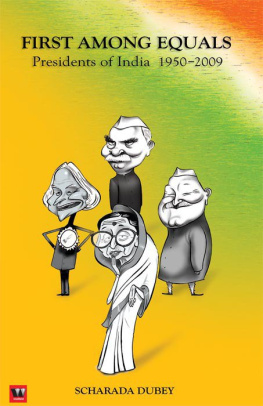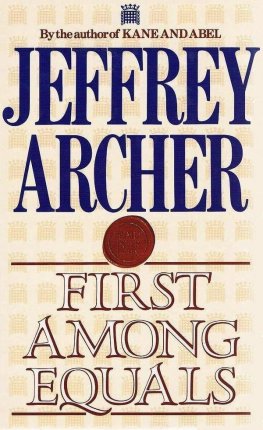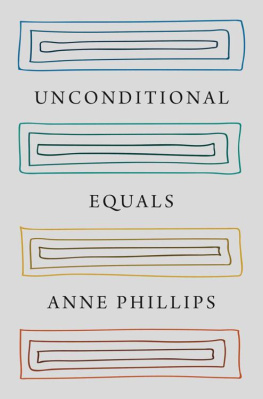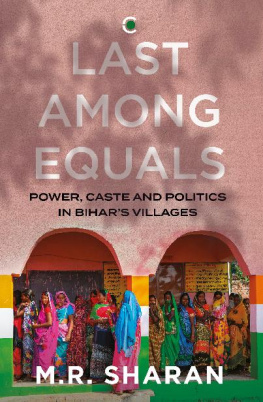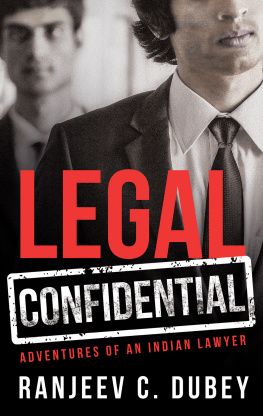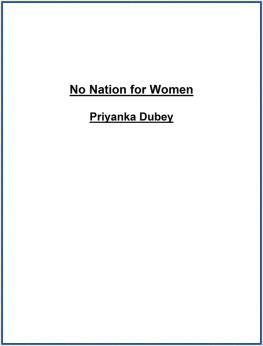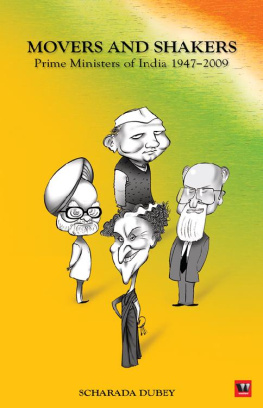FIRST AMONG EQUALS
Scharada Dubey is a writer, internet consultant and Tarot practitioner. She has won several writing awards and her books for children include the travelogues Footloose on the West Coast , Malwa on My Mind and A Necessary Journey .
FIRST AMONG EQUALS
Presidents of India 1950 to 2009
Scharada Dubey
westland ltd
Venkat Towers, 165, P.H. Road, Opp. Maduravoyal Municipal office, Chennai 600 095
No.38/10 (New No.5), Raghava Nagar, New Timber Yard Layout, Bangalore 560 026
Survey No.A-9, II Floor, Moula Ali Industrial Area, Moula Ali, Hyderabad 500 040
23/181, Anand Nagar, Nehru Road, Santacruz East, Mumbai 400 055
47, Brij Mohan Road, Daryaganj, New Delhi 110 002
First published by westland ltd 2009
Copyright Scharada Dubey 2009
All rights reserved
ISBN: 978-81-89975-53-1
Illustrations: Rahul Krishnan
Typeset in RotisSemiSans by Mindways Design, New Delhi
This book is sold subject to the condition that it shall not by way of trade or otherwise, be lent, resold, hired out, circulated, and no reproduction in any form, in whole or in part (except for brief quotations in critical articles or reviews) may be made without written permission of the publishers.
Contents
T he head of the Indian State, the president of India, is a significant constitutional post. Occupants of this post, however, remain largely outside the public gaze, with their role assuming great importance during periods of crises and national debate. Unfortunately, the knowledge that most students and Indians have about their presidents remains sketchy at best. This is largely because, unlike the prime minister, the president is not elected by direct popular mandate. Instead, our head of State is brought into power through electoral colleges consisting of legislators from the Centre and states.
Many personalities from different regions, classes, vocations and backgrounds have made their way into Rashtrapati Bhavan. What set these personalities apart from their peers? What special qualities did they bring to their office?
What crises did the country face during their terms and how were these resolved? These are some of the questions whose answers can be found in the profiles of our presidents. While all the men and women who have held office as president have been described, profiles of M. Hidayatullah who served as the chief justice of India and was acting president on two occasions, and B.D. Jatti, who was acting president in 1977, have not been included.
One of the factors that prevents us from making a more meaningful contribution to the society in which we live is an incomplete understanding of our history, politics and the social conditions that shape it. Learning about the lives of our presidents does something to address this gap. I am grateful to Westland Ltd for giving me this canvas to work on, and to Deepthi Talwar, my editor, for her patient encouragement during the entire project. I hope the book it has resulted in will bring inspiration and insight to young and older readers.
Scharada Dubey
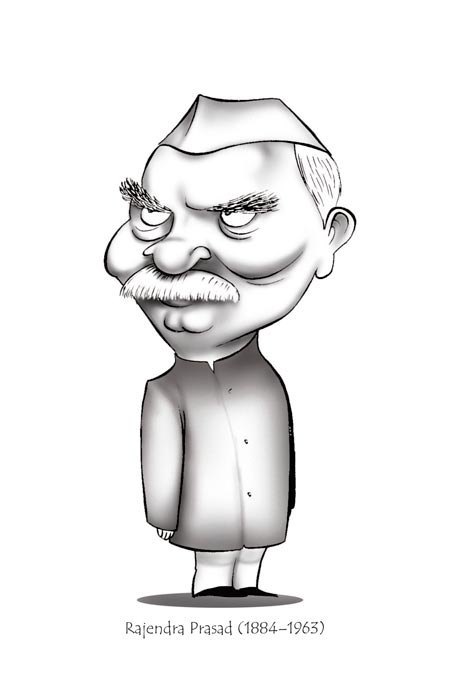
Term of Office: 26 January 195013 May 1962
I f there was one leader who embodied Gandhian principles and values as completely as Mahatma Gandhi himself, it was Rajendra Prasad. When the Congress was going through an internal evaluation in 1922, about whether it was right to act in accordance with Gandhian methods and principles, the stalwarts of the party were persuaded to stay with Gandhism due to the personality of Gandhijis most devoted contemporary.
About Prasad, Gandhiji once said, There is at least one man who would not hesitate to take the cup of poison from my hands. This freedomfighter was such an upright and honest figure in the Congress, that Motilal Nehru remarked about him in January 1923, We have given a fair trial to Gandhism for over two years. It seems to me that the only good result it has yielded I do not say it will not yield better or more results is Babu Rajendra Prasad.
Rajendra Prasad, the first president of independent India, was born on 3 December 1884 in Zeradei, in the Siwan district of Bihar near Chapra. Prasads great uncle, Chaudhur Lal, was the dewan of the Hathwa Raj, a highly respected, honest and efficient gentleman who built up the land holdings of Prasads family and was a wellknown zamindar. His nephew, Mahadev Sahay, was Prasads father, a man who lived in rustic surroundings and yet was a scholar of Persian and Sanskrit. He had also cultivated several hobbies like wrestling and horticulture which he pursued with passion, and his considerable knowledge of Ayurvedic and Unani medicine made the people of the area flock to him for treatment. His wife, Kamleshwari Devi, was a devout lady who daily told stories from the Ramayana to her young son Rajendra. These tales, so much a part of his childhood, stayed with Rajendra Babu well into his adult life, when the Ramcharitmanas by Tulsidas became his constant companion.
Inspired more by high ideals than the lure of wealth or power, Prasads family lived simply. They mixed freely with all their fellow villagers, without allowing disparities to come in the way of social interactions. Prasads early life in the village was an enjoyable experience of peace and quiet, festivals and fairs. It was this experience of rural India that would stay with him as an ideal vision of the village and life in the rural milieu.
When he was five years old, Prasad was placed under the instruction of a maulavi who taught him Persian. He also learnt Hindi and arithmetic and later went on to study at the Chapra Zilla School. A few years later he left Chapra to study at R.K. Ghoshs Academy in Patna, where he lived with his elder brother, Mahendra Prasad, who was then studying at Patna College. However, Rajendra Prasad completed his school education from the Chapra Zilla School because his brother moved to Calcutta in 1897. At the age of eighteen he passed the Entrance examination of Calcutta University in 1902, standing first among all entrants. This was a truly remarkable scholastic achievement, because the entrance examination encompassed students from places as far apart as Sadiya, the easternmost frontier of British India, to a little beyond Peshawar on the northwestern side.
Prasad was married at the age of thirteen to Rajbanshi Devi. When he had obtained admission to Calcutta University, he moved to Calcutta and began sharing a room with his elder brother at Eden Hindu Hostel, attending classes at Presidency College. He became very popular and well-known in a remarkably short time, even though there were not many students from Bihar at the time in Calcutta. In 1904 he contested and won the first annual election for the post of secretary of the college union against a senior student belonging to a rich and influential family. He was then a third-year student. The election result victory by more than a thousand votes against a mere seven for the other candidate so astonished Dr P.K. Roy, the principal of the college, that he was forced to enquire as to what it was that made Prasad so popular.
Choosing to study Arts, Prasad had a remarkably distinguished academic career, with a First Class in MA and another First in LLM. However, with the idea of swadeshi occupying his mind and heart, he was not interested in becoming a professor. His brother had introduced him to the ideas of the freedom struggle, and he joined the Dawn Society while in college. This society, run by Satish Chandra Mukherjee, Sister Nivedita, Surendranath Banerjee and many other luminaries, conducted debating and essay-writing competitions on many current topics, and young Prasad won many of the prizes. Stirred by the processions, slogans and speeches of the time, he collected the Bihari students in Calcutta and formed the Bihari Students Conference in 1908. This was the organisation that produced and nurtured almost the entire political leadership of Bihar in the 1920s.




